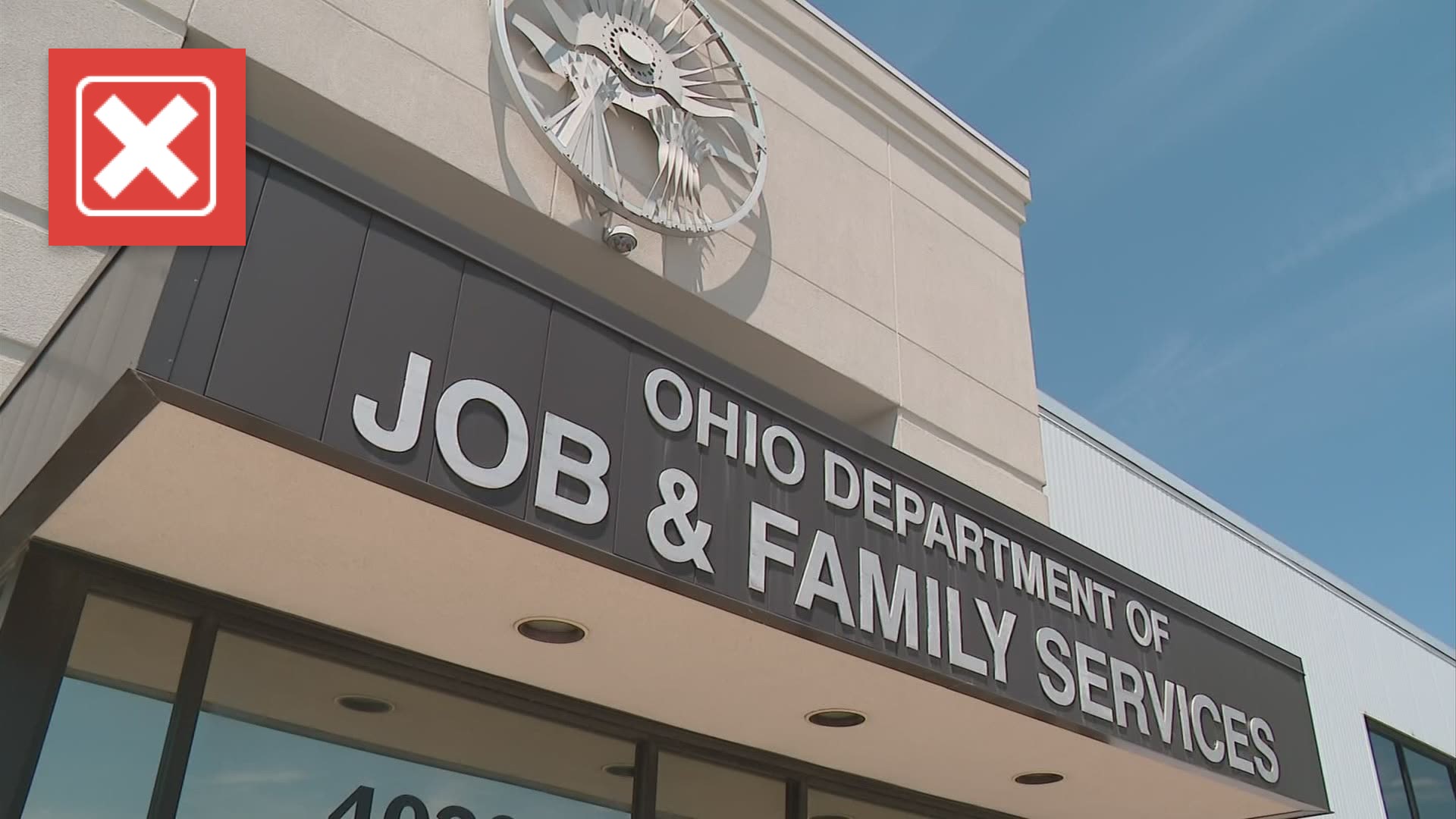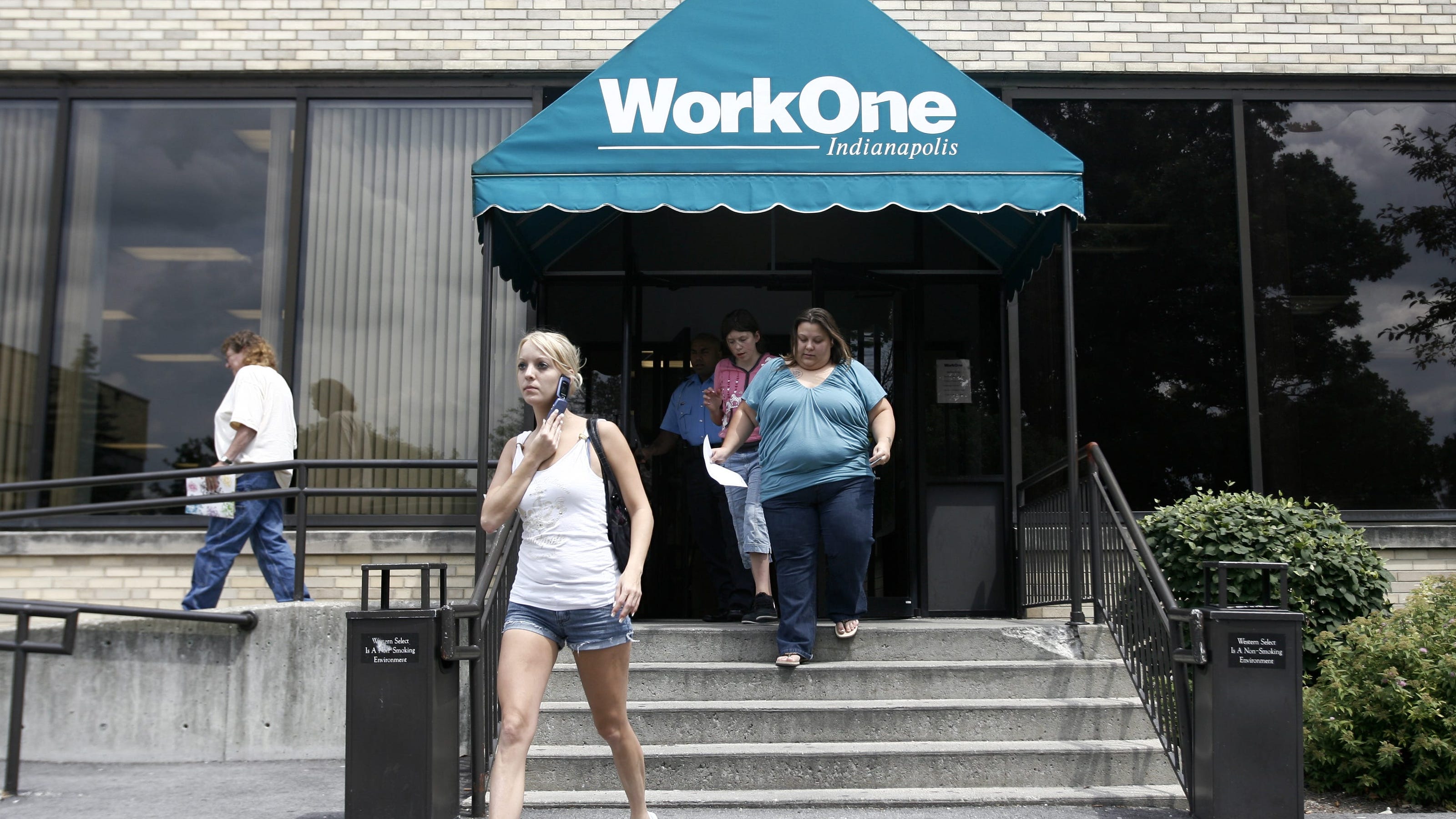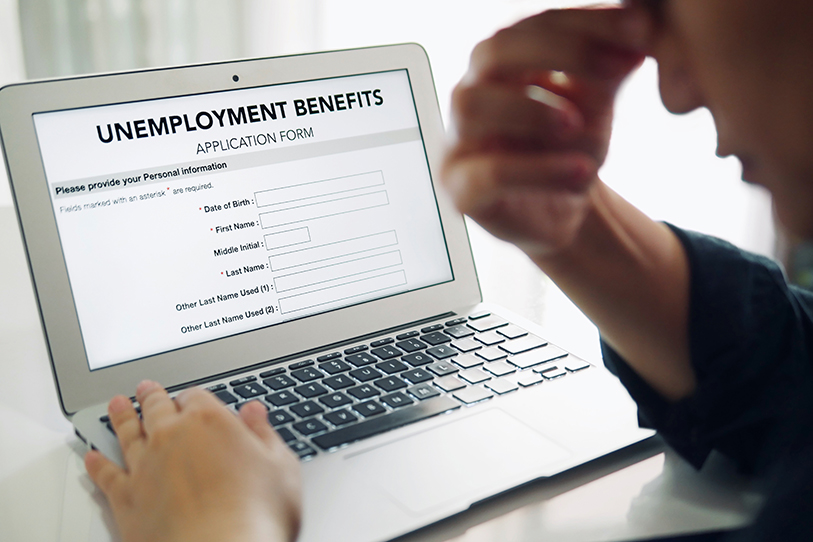Outstanding Info About How To Quit And Collect Unemployment

Can you get unemployment benefits if you.
How to quit and collect unemployment. Guidelines vary based on the circumstances of your termination. You are typically not eligible for unemployment if you quit your job unless there is reasonable cause for. How to collect unemployment after quitting a job | employmentlawfirms.
If you need a skilled advocate to protect your livelihood, we are the attorneys to call. If you have filed an unemployment benefits claim and your claim is turned down or contested by your employer, you have the right to appeal the denial of your unemployment claim. Some states require you to notify the unemployment office if.
However, if you left for a good cause,. Many of those unemployed workers are now trying to. Collecting unemployment has helped millions of americans, but what’s the best way to end your claim?
And if they were laid off, quit for good. In most cases, where you quit voluntarily, you are not eligible for unemployment. Your state's unemployment program is an insurance benefit designed to help you financially during a period of unexpected job loss.
Amazon, google, microsoft and paramount, are among a long list of companies with recent layoffs. Find a job you really want in. Learn where and how to file for unemployment in your state.
Can you really file for. How to collect unemployment. Can you get unemployment if you quit?
Unemployment eligibility when you quit: In most states, workers are eligible for unemployment benefits if their earnings meet certain minimum thresholds in terms of hours or wages; To collect unemployment benefits, employees must be out of work through no fault of their own.
Quit on your own, no, your company will contest it when edd sends your employer the edd claim. Unemployment eligibility if you quit. After 10 years of service with one employer, one earns an additional 8.67 weeks of paid leave—for a whopping total of three calendar months of paid leave.
Workers can collect unemployment benefits even after refusing work or quitting a job, if it’s for “good cause.” the cares act expanded these. Questions and opinions around quitting your job and collecting unemployment (or not), are many, so let’s ask the question now: Eligibility guidelines for unemployment include the length of employment, earnings, and the reason you lost your job.
As with filing for unemployment generally, the appeals process differs depending on where you live. Unemployment insurance pays you money if you lose your job through no fault of your own. Workers who lose their jobs in a layoff are clearly eligible for benefits, as are most.













:max_bytes(150000):strip_icc()/collecting-unemployment-when-you-quit-your-job-2061011-v3-5b4cb24646e0fb0037b1fc40.png)




